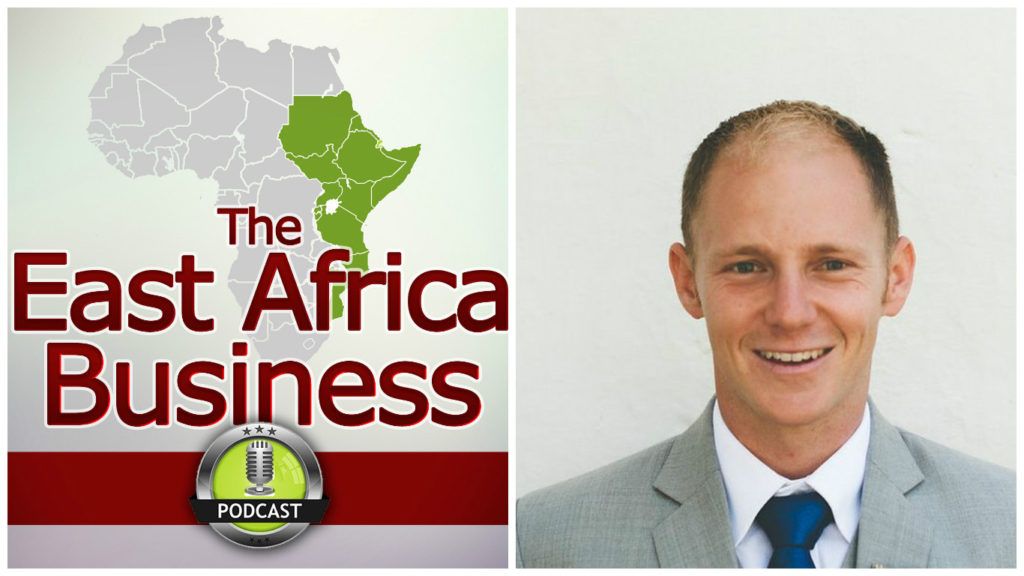Overview
One of the by products of a country’s development is the amount of waste that is produced.
As populations grow the number of, say, plastic bottles that are consumed increases.
It’s costly both financially and environmentally to transfer these materials to dumpsite and Matthew from The Recycler wants to change this.
His business is all about creating value out of products that would otherwise be thrown away to increase the amount of recycling that occurs.
We discuss why Tanzania is the prime location for this type of business, the applications of waste, and how he is growing maggots as a much more sustainable form of chicken feed.
Sign up below to hear whenever there are new stories and episodes released on the podcast
Here are some of the key quotes:
“We’re a waste management and recycling company”
We collect a wide range of items for big organisations, and then sort it out into recyclables.
“We also grow maggots”
This is about adding value to organic waste.
“Most people took waste to the dump”
At such volumes that they were going twice a day. We now save them money by sorting it and reducing the number of trips they need to make.
“Our waste goes to local companies”
The whole philosophy is about giving value to materials that would otherwise go into a landfill. This means selling white paper to an envelope factory etc.
“It’s a great way to create jobs”
You’re literally making jobs out of things that people were throwing away.
“So… maggots”
60% of waste in Tanzania is organic. The conditions in Tanzania are perfect for these types of maggots to grow.
“Chicken feed”
The maggots are used to feed chicken. It’s much more sustainable than soy or fishmeal. And it’s also what chickens have been eating forever.
“We have commercial and individual products”
As well as a large scale process for these maggots, we have also developed a bin that can be used by families. They keep their organic waste separate and soon maggots start appearing.
“Make bins accessible as possible”
We want to make it as affordable as possible. People might then be able to sell the excess maggots for chicken feed. Rough sums are a two month payback.
“Dar es Salaam is the third fastest growing city in Africa”
The place is projected to grow rapidly in the next twenty years and so with that waste is going to be increasing.
“The Tanzanian recycling market is undeveloped”
In Nairobi, the price for recycled materials is up to 5 times as high. The industries are much more used to tapping into a recycling infrastructure.
“Next, we’re looking to informal collectors”
The citizens earning the least in society are typically those collecting up plastic bottles for resale. If we can create value from other products, we can pay people more.
“Shredded plastic bottles are turned into T-Shirts”
Informal collectors pick up recycled products, sell to middlemen who then ship it to China so that it can then be turned into (polyester) T-Shirts.
“My experience of business in Tanzania has been very positive”
It might not be the case for everyone. A lot of people cite that Tanzania is one of the worst places to do business, however I haven’t felt that.
“Our prices differ”
In some instances we have a weekly pick up service, in others we give rebates to companies where we can sell on the waste.
“Glass is incredibly sustainable”
The bottle deposit system of returning a glass bottle once you’ve finished your Coke is one of the most environmentally friendly methods. There’s much more resource involved in recycling plastic bottles.
“Zero waste”
It’s a new movement which is anti-recycling. It’s about designing products in such a way that we don’t throw things away.
“How can separation occur naturally”
If people have an incentive to separate their organic and other waste because there is value in it, then that saves a lot of effort.
Social Media Follows etc.
WWF article: soy bad for the planet
Website: www.recycler.co.tz
Facebook: Recycler Tanzania
